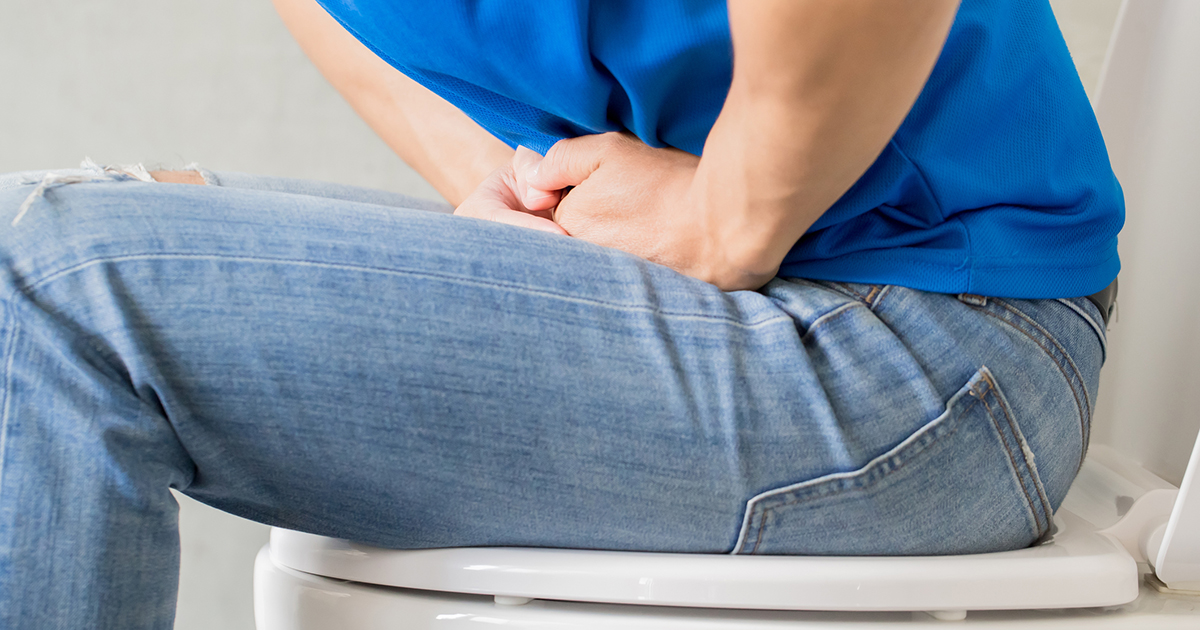What Everyone Needs To Know About Laxatives And Constipation
Laxatives are commonly used to treat and relieve constipation, which occurs when an individual has less than three bowel movements a week due to hard feces that are difficult to pass. Constipation occurs when food moves slowly through the digestive tract. The slower it moves, the more water the colon draws out of it, which causes the feces to become hard, dry and painful to excrete. Over-the-counter laxative medications relieve constipation through several mechanisms to promote regularity; however, most laxatives are not safe for long-term use.
Read about all the facts individuals should know about laxatives and constipation, starting with what can trigger bouts of constipation.
Causes Of Constipation

Constipation may be the result of a lack of dietary fiber, physical inactivity, as well as certain medications. Medications with constipation as a side effect include antidepressants, opioids, diuretics, anticonvulsants, and calcium channel blocking drugs. Some dairy products, aging, irritable bowel syndrome and other bowel diseases, changes in an individual’s daily routine, and pregnancy may also result in constipation, as can dehydration, problems with the rectum, and taking too many laxatives. Holding it in or not going to the bathroom when needed may also cause constipation and digestive discomfort. Stress can also cause the issue, and when it is not the cause, can still exacerbate it.
Get the full details on the different types of laxatives next.